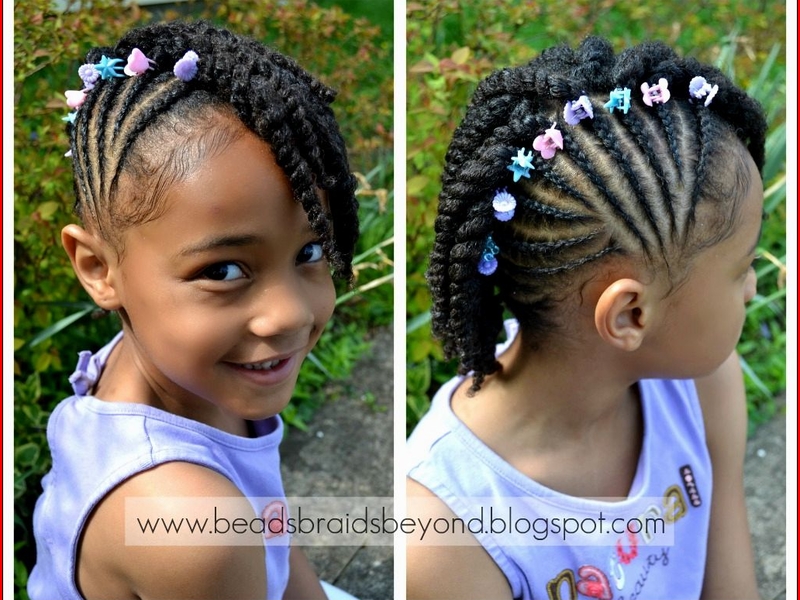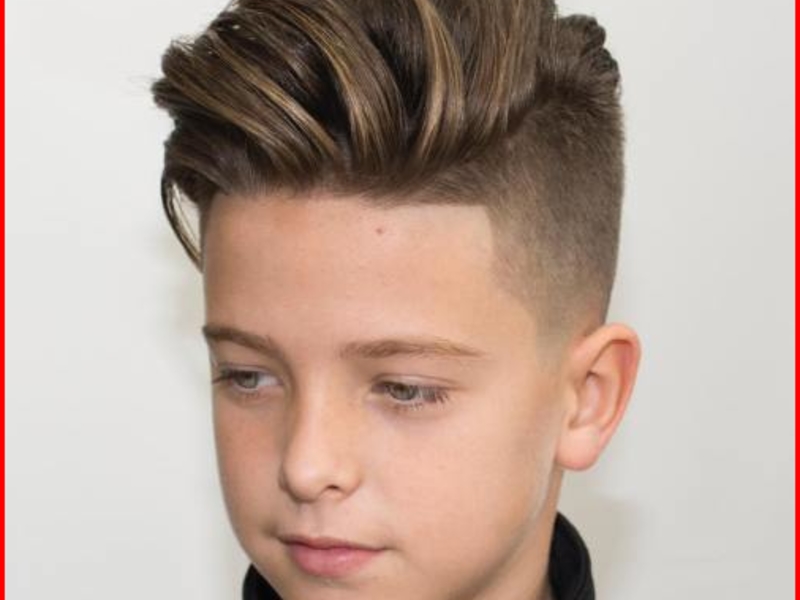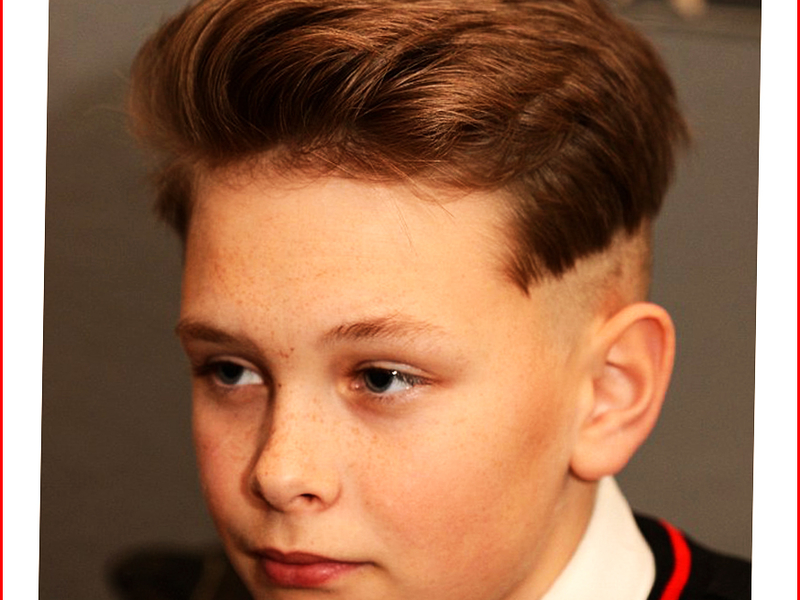
When it comes to hair care, most people focus on daytime treatments, styling, and washing routines. But did you know that what you do to your hair before bedtime plays a huge role in its health? Your hair undergoes natural repair and rejuvenation while you sleep, so having a proper night hair care routine is essential. Whether you’re looking to reduce breakage, improve moisture retention, or wake up to smoother strands, following the right steps before bed can transform your hair health.
Step-by-Step Night Hair Care Routine
1. Brushing Your Hair Before Bed
Brushing your hair before hitting the pillow is an easy yet often overlooked step. It helps distribute the natural oils from your scalp throughout your strands, preventing dryness and tangles. Use a wide-tooth comb or a boar bristle brush to gently detangle your hair without causing breakage. If your hair is prone to knots, consider using a lightweight detangling spray before brushing.
2. Applying a Nourishing Hair Serum or Oil
Your hair loses moisture while you sleep, especially if you toss and turn. A great way to combat this is by applying a nourishing hair serum or oil. Coconut oil, argan oil, or almond oil can help lock in moisture and prevent frizz. If your scalp tends to get greasy, focus the oil on the mid-lengths and ends instead of the roots.
3. Choosing the Right Pillowcase
Believe it or not, your pillowcase can make or break your hair health. Cotton pillowcases absorb moisture and can cause friction, leading to frizz and breakage. Instead, switch to a silk or satin pillowcase. These materials help reduce friction and allow your hair to glide smoothly, preventing tangles and split ends.
4. Protective Hairstyles for Sleeping
Leaving your hair loose while you sleep can lead to tangling and breakage. Instead, opt for protective hairstyles like:
- Loose braids – Reduce friction and help maintain waves.
- A low, loose bun – Keeps your hair contained without straining your scalp.
- A silk or satin scarf or bonnet – Protects curls and prevents moisture loss.
Avoid tight ponytails or buns, as they can cause tension on your scalp and lead to hair breakage.
5. Overnight Hair Masks for Extra Hydration
If your hair is feeling extra dry or damaged, an overnight hair mask can work wonders. These deep-conditioning treatments provide intense hydration while you sleep. Simply apply a generous amount of a hydrating hair mask or a DIY coconut oil and honey mixture, cover your hair with a silk scarf or a shower cap, and rinse it out in the morning for silky, nourished locks.
Common Mistakes to Avoid
1. Sleeping with Wet Hair
Going to bed with wet hair is a major mistake. Wet hair is more prone to breakage, and sleeping with damp strands can lead to frizz and scalp issues like dandruff or fungal infections. If you must wash your hair at night, air dry it or use a blow dryer on a cool setting before hitting the pillow.
2. Using Harsh Hair Ties
Avoid using tight elastic bands or metal hair ties when securing your hair at night. They can cause tension and breakage. Instead, use silk scrunchies or soft fabric-covered hair ties to keep your hair secure without damage.
3. Skipping a Nightly Routine
Many people think hair care is just for the daytime, but skipping your night hair care routine can lead to dryness, breakage, and frizz. A few minutes before bed can make a world of difference in your hair’s overall health.
Benefits of a Consistent Night Hair Care Routine
Maintaining a nightly hair care routine comes with a lot of perks:
- Stronger hair – Less breakage means healthier, more resilient strands.
- Shinier hair – Proper hydration and reduced friction result in smooth, glossy locks.
- Less tangling – Protective hairstyles and silk pillowcases help minimize knots.
- Frizz control – Moisturizing products and silk fabrics reduce overnight frizz.
By making these small changes, you’ll wake up with healthier, more manageable hair every day!
Conclusion
Your nighttime hair care routine doesn’t have to be complicated—just a few mindful steps can make a massive difference in your hair’s health. Brushing, applying a nourishing serum, using a silk pillowcase, and protecting your strands with a loose hairstyle can prevent breakage and keep your locks looking their best. Avoid common mistakes like sleeping with wet hair or using harsh hair ties, and you’ll be well on your way to stronger, shinier, and healthier hair.
Start incorporating these habits tonight, and in no time, you’ll notice a visible improvement in your hair’s texture and strength!
FAQs
1. Can I leave oil in my hair overnight?
Yes! Leaving a light oil like coconut, argan, or almond oil in your hair overnight helps deeply nourish and hydrate your strands. Just be sure to use a small amount to avoid excessive greasiness.
2. Is it bad to sleep with wet hair?
Yes, sleeping with wet hair can cause breakage, scalp issues, and increased frizz. It’s best to dry your hair before bed to prevent damage.
3. How often should I change my pillowcase?
For optimal hair and skin health, you should change your pillowcase at least once a week. If you have oily hair or scalp concerns, switching it every 3–4 days is even better.
















